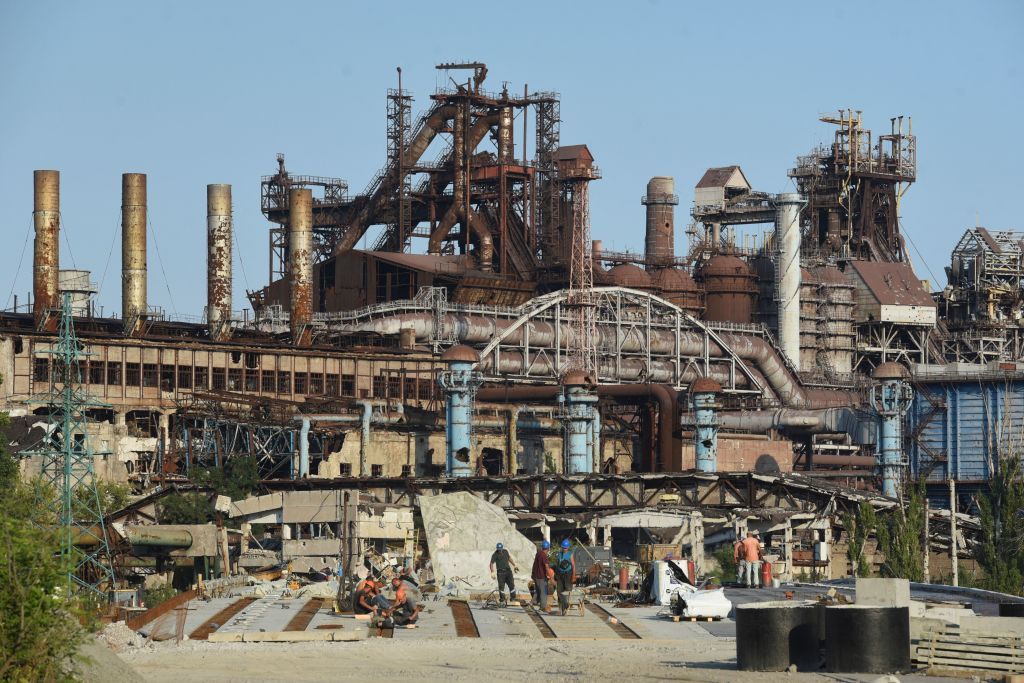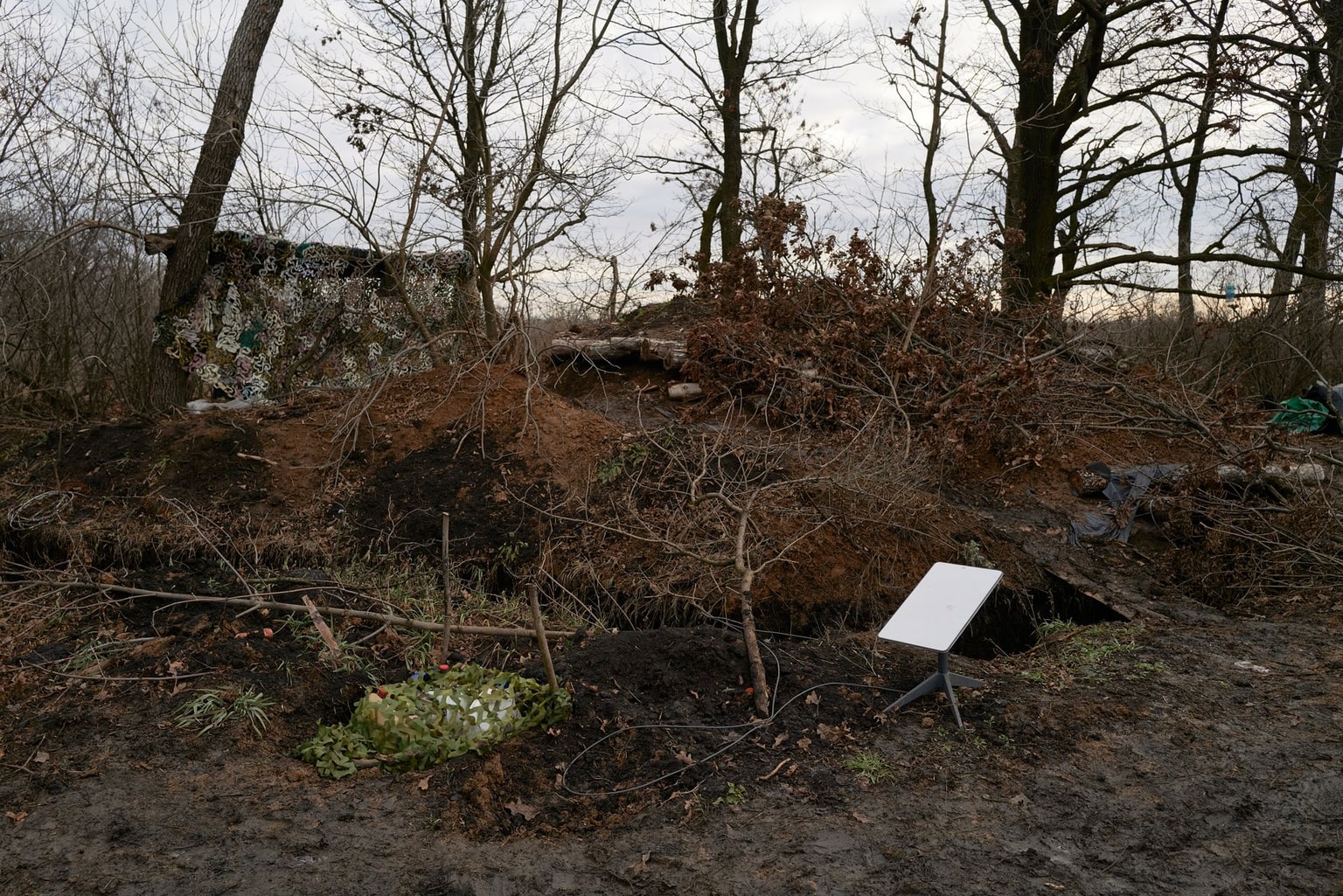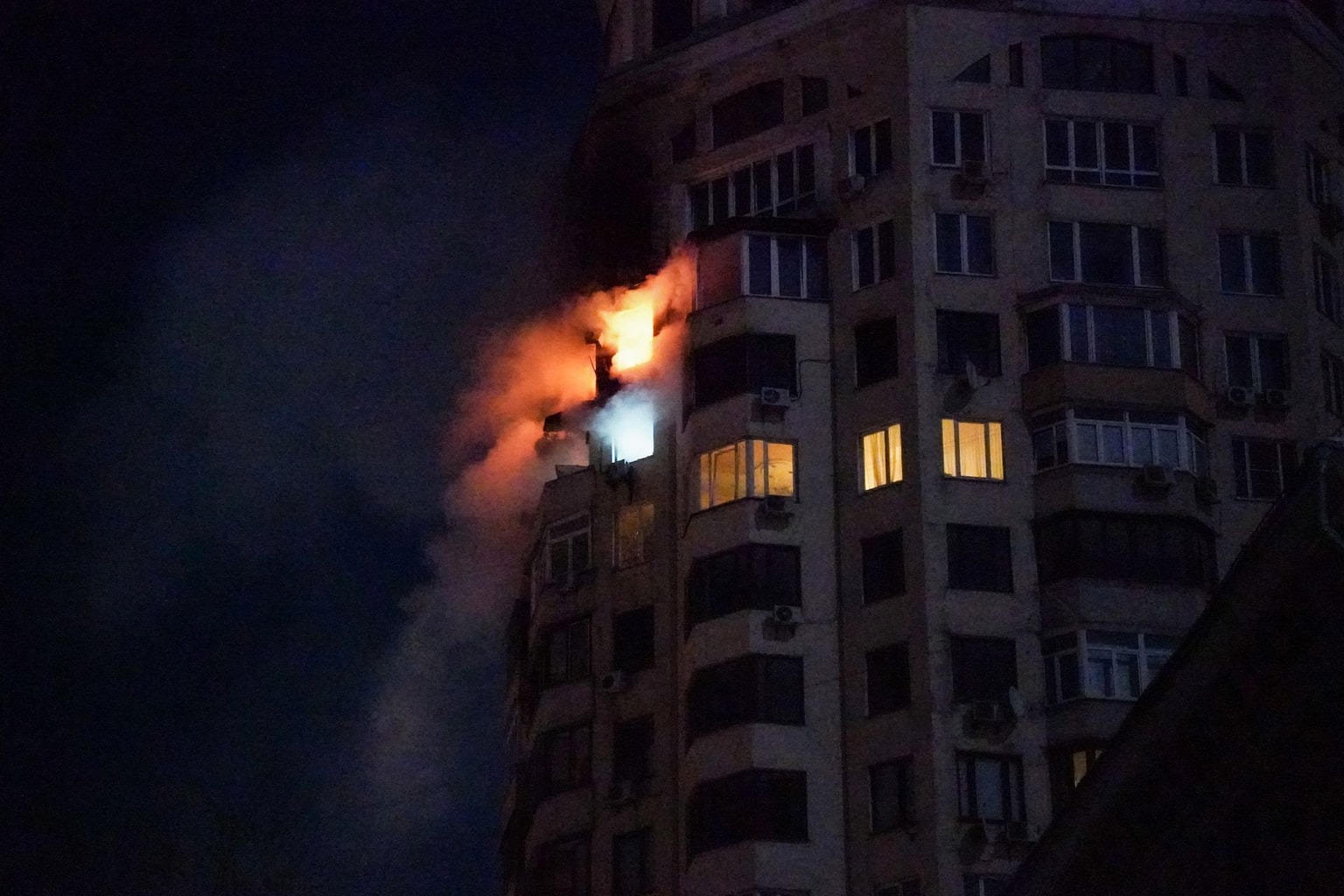Bloomberg: Russia's oil drilling continues to break records despite Western sanctions

Russia's oil drilling industry is on track to set record highs for the second year in a row, raising doubts on the ability of Western sanctions to curtail profits from the lucrative sector, Bloomberg reported on Jan. 10.
Russian oil drilling was likely to surpass 30,000 kilometers by the end of 2023, reaching a total not seen since the Soviet Union. Domestic oil production is one of the key pillars of Russia's economy, helping funnel money into the Kremlin's war machine. Russia is the third largest producer of oil in the world, after the U.S. and Saudi Arabia.
Western sanctions have sought to curb Russia's oil production capabilities, but they have remained resilient, in part because many of the local subsidiaries remained in Russia even after international companies left.
Many of the experienced local workers and managers were able to continue drilling unimpeded, and only around 15% of the oil drilling industry relies on technology from countries Russia considers to be "unfriendly."
At the same time, analysts told Bloomberg that the record-high drilling does not necessarily equate to increased output.
"The main reason for the growth in Russia’s drilling is the need to launch new wells" because "the currently producing fields are depleting," a Russian industry analyst told Bloomberg.
There are also other indications that sanctions may still come to bite the industry in the future.
Sanctions preventing the import of certain components may force Russia to build simpler wells, increasing the cost of production, and over time, making the wells less profitable.
Higher levels of inefficiency may cause as much as 20% of Russia's oil output to be unprofitable to extract in the future, the analyst estimated.












